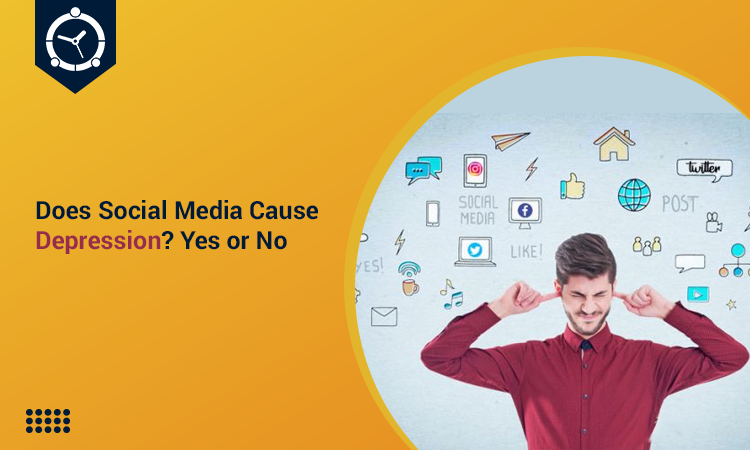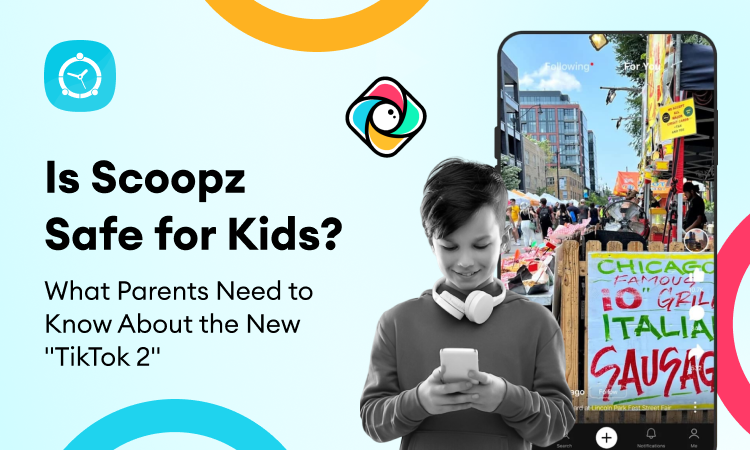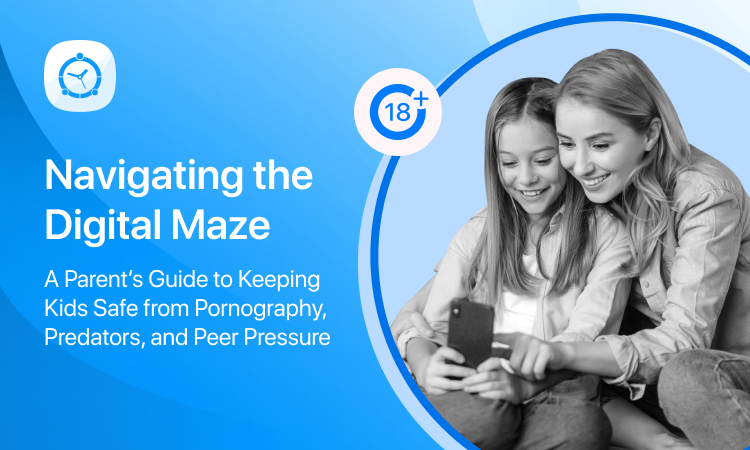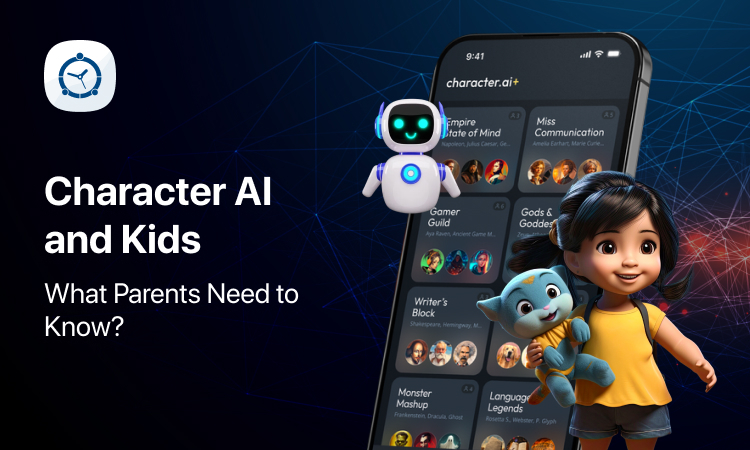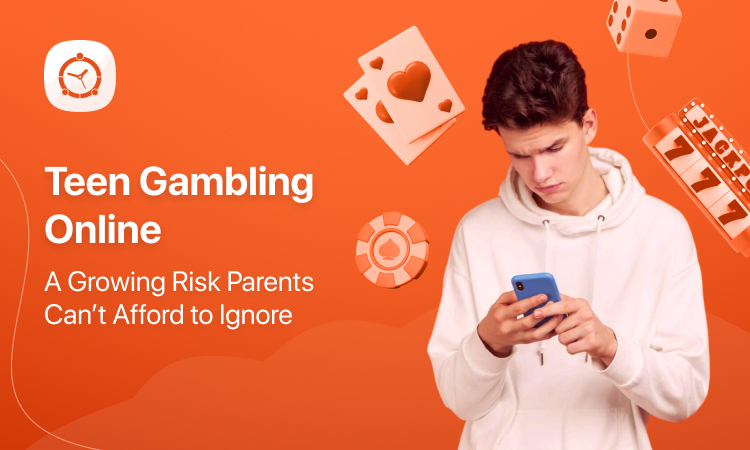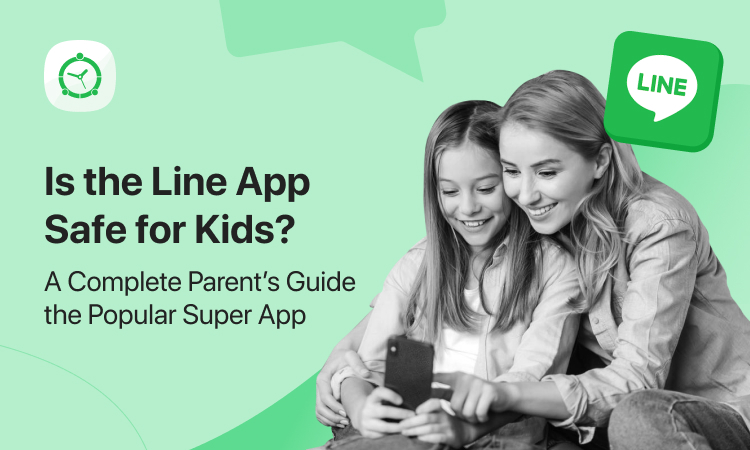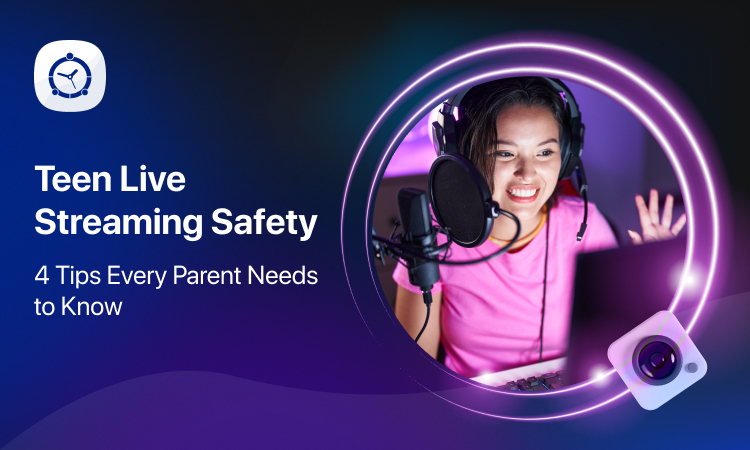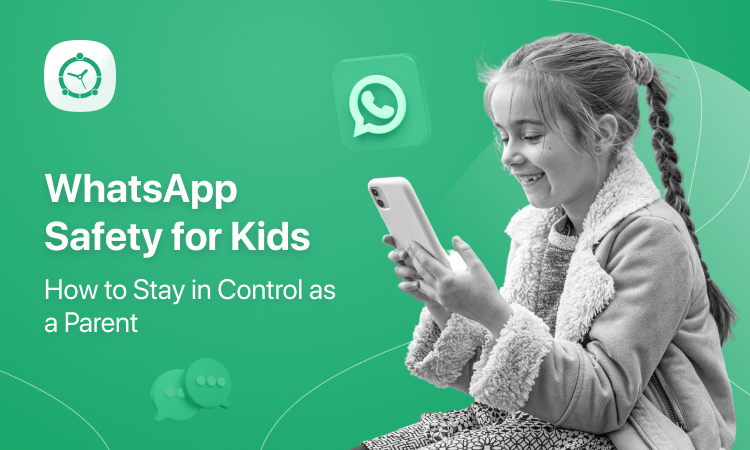The use of social networks is a custom extended by the new generations of the 21st century. These networks allow us to be permanently connected with the outside world and contact people who share a series of tastes, despite being thousands of kilometers away. But a disturbing question is rising among scientists, does social media cause depression?
Recent studies in the United States show that adolescents and young adults (13 to 32 years old) who spend a lot of time on Facebook, Instagram, Twitter and other social networks have 13 to 66% more depression than young people who do not use these networks. However, these studies are only capable of presenting a correlation, not of showing that there is causality between the two factors. Thus, these data show that the use of social networks deserves to be seriously studied.
The first reason these two factors are thought to be related is that the increase in youth depression occurred with the rise of smartphone use. Smartphones appeared in 2007, and by 2015, 92% of American teens own at least one. A 2017 study studied half a million adolescents in the United States and found a 33% increase in depression between 2010 and 2015. Also, in the same period, the suicide rate in girls in this age range increased by 65%. The most impressive thing is that the increase in depressive symptoms corresponds to the progressive adoption of smartphones in this period, year by year.
Some experts believe that this increase in adolescent and young adult depression occurs because the connections social media users form are less emotionally satisfying than a face-to-face relationship, and many users feel socially isolated. But there is an exception to this correlation: adolescent girls who use social media a lot, but who also have a high level of face-to-face interaction with other people.
However, this does not mean that all online social connection is bad. For teens who are unable to connect with their peers, either socially or because they are physically isolated, the remote connection can be a powerful lifesaver.
Again in 2017, another study was conducted, this time focused on young adults between 19 and 32 years old. This study discovered that there was a correlation between the social isolation that these young people perceived and the time spent on social networks. But the researchers found it difficult to determine the directionality of this relationship; that is to say: there is no way to know if social isolation pushes young people to use social networks or the use of social networks leads to social isolation.
The feeling of social isolation is related to the FOMO syndrome (Fear of Missing Out), which translates as fear of missing something. An irrational fear of missing something important in the social world. The problem that causes this attitude is that the need to be permanently connected causes that attention is not paid to the present moment. The more social networks are used, the less they think about being present in the moment, which again leads to not interacting with people in person.
Social networks also present another important problem: a lowering of self-esteem, especially in adolescent girls, which comes from comparing themselves negatively with posed and retouched images of other people who seem prettier, slimmer, more popular and richer. This conclusion is supported by studies on Instagram, a platform that leads more young people to feel anxious, depressed and worried about their image.
Taking care of the perfect image, in addition to making others feel inappropriate, is not healthy for those who manage to do it successfully, since it implies an appalling fear of being rejected by society. And if those images receive a positive reaction, teens are afraid that those who comment will think that it is not their real image.
Another factor that influences the relationship between social networks and depression is the activities that young people stop doing because they are on social networks, such as physical exercise or things that make them perform: learning new things or developing talents. Also, it disrupts concentration, as they are used while studying.
Although adolescents call it multitasking, the truth is that it decreases their learning and their concentration. Also, the use of the telephones before going to bed causes difficulties in sleeping due to the stimuli that the brain receives. Studies report that young people who use the phone before bed sleep an hour less than young people who do not.
That is why it is necessary to have responsible use of social networks and alternate it with other activities and face-to-face socialization with other people to avoid depression in adolescents and young adults.
To make this happen, parents of young kids can use the parental control app like FamilyTime that allows parents to manage their kids’ tech use and enable them to regulate their kids’ app usage smartly. With the app, parents can either allocate specific numbers of minutes for the social app usage or can ban it temporarily.
Having such a solution in hand, parents can surely save their kids from the depression risks posed by the use of social media apps. So, make use of this parental app and protect kids now. Happy parenting!

